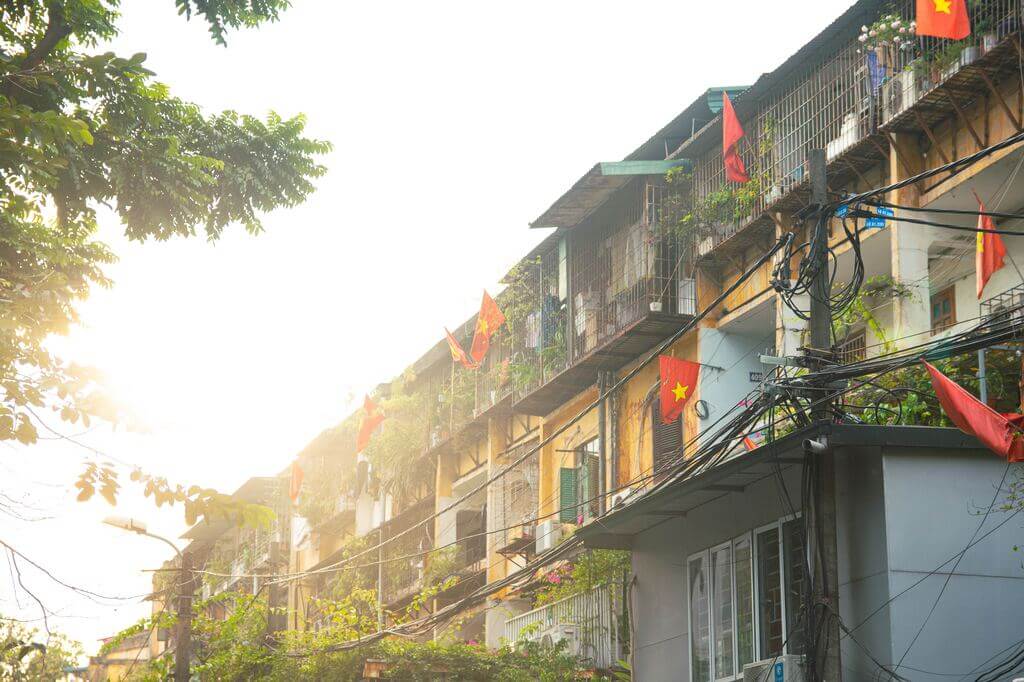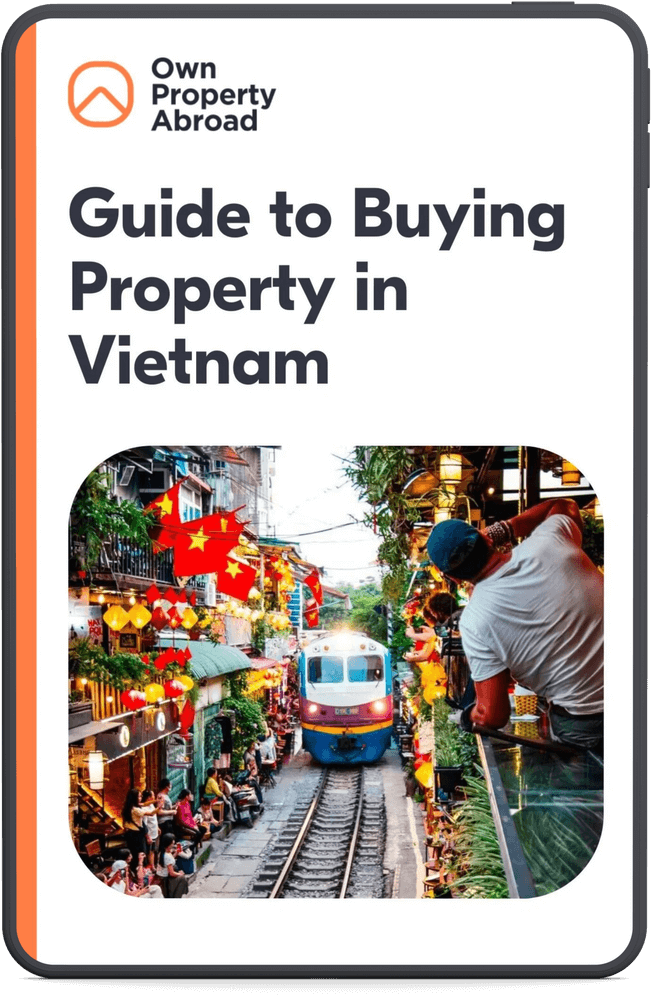Vietnam is experiencing a decline in real estate due to massive fraud
The arrest and subsequent conviction of Truong My Lan sparked a strong reaction in the financial markets, particularly affecting Saigon Commercial Bank, which experienced a surge in withdrawals. This led to a significant decrease in demand for properties and a notable decline in property sales and transactions. Many developers faced financial difficulties, struggling to maintain cash flow and complete ongoing projects. The overall market sentiment turned negative as buyers and investors hesitated, concerned about further instability and defaults. Thien Duong, the general director of GSA Studio, observed a sharp decrease in inquiries and sales, reflecting the widespread uncertainty.
The instability in the real estate market had a significant impact on Vietnam’s ability to meet its economic growth goals. The country’s economy expanded by 5.05% in 2023, which was below the government’s target of 6.5%. In response, the Vietnamese government has taken various steps to stabilize the market and rebuild investor confidence. One noteworthy measure is the extension of bond maturities by two years, intended to offer relief to developers with high levels of debt and to alleviate financial pressure in the market. These actions are part of a broader plan to revive the economy and establish a more secure and transparent financial landscape.
Anticipated market recovery
Despite the recent challenges, there is cautious optimism about the future of Vietnam’s real estate market. Experts predict a turnaround in the sector later in 2024 and into 2025, supported by a slightly stronger economy and the easing of the bond market freeze. The World Bank has forecasted economic growth of 5.5% for 2024 and 6% for 2025, reflecting a gradual recovery in exports and domestic consumption, which is expected to bolster domestic demand as investors and consumers regain confidence in the market.
Promising real estate developments in Vietnam
In the midst of the market’s ups and downs, some developers and projects are proving to be strong and full of potential. Key developments include Masterise Homes’ large-scale project in Hai Phong City, The Ritz Carlton Residences in Hanoi, and the Tokyu Garden City in Binh Duong City. These projects demonstrate the potential for high-quality, sustainable real estate development in Vietnam. Moreover, the condo sector, particularly in Hanoi, is experiencing active sales and bookings, with estimates suggesting a significant increase in new supply in the upcoming years.
Hang Dang, managing director of CBRE Vietnam, pointed out that the condo market in Hanoi is showing strong activity, with expectations of around 14,000 to 15,000 new units to be launched in 2024. This resurgence in activity indicates a strong market ready for recovery and expansion.
For property buyers and owners in Vietnam, it is crucial to understand these dynamics. Despite facing challenges, the market’s anticipated recovery and promising developments indicate potential opportunities for strategic investments.







